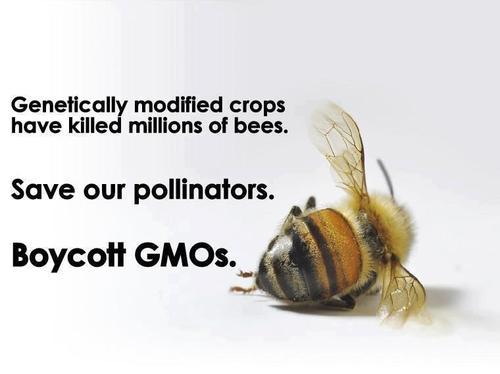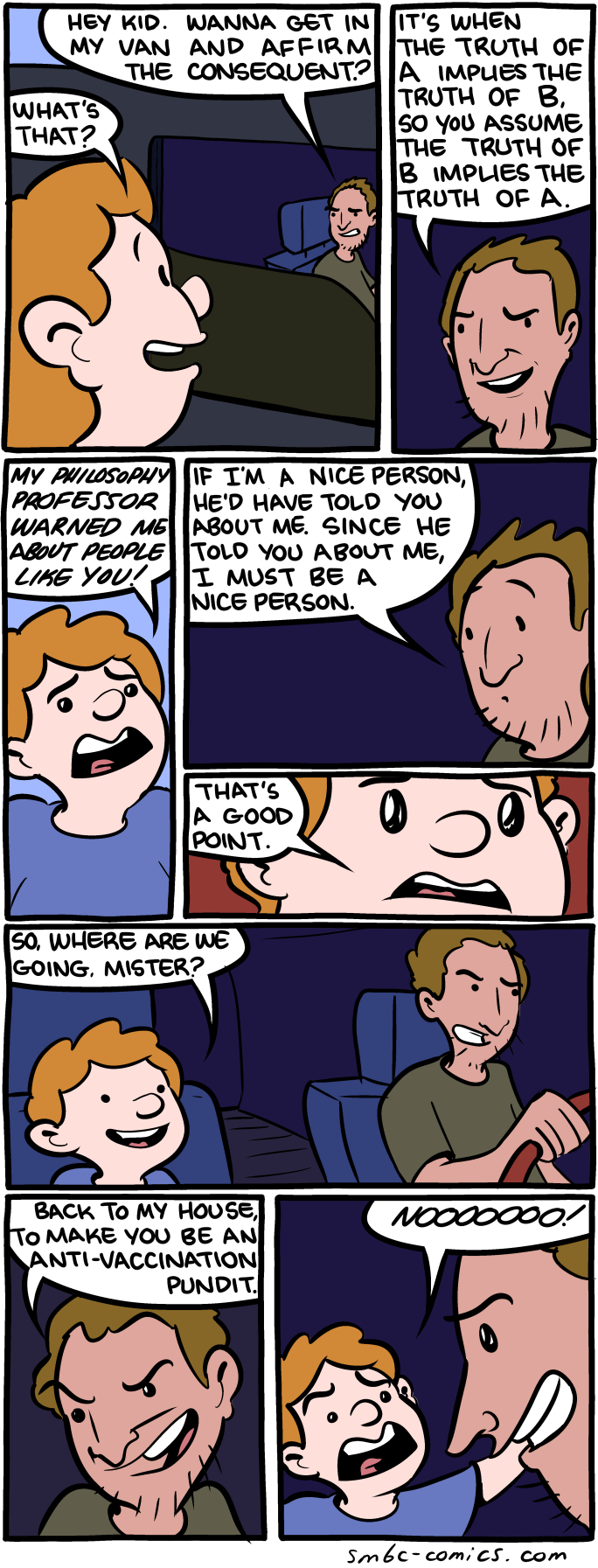
Osias Jota
Shared posts
just an average joe
it’s just that if a shadow government was going to kill me so you could begin your orgy of high-octane revenge, i’d want to know about it
i mean — i know you’re planning on blowing the whistle on the corrupt mercenary group “darkwatch” that reports directly to the vice president, but i hope they know that if they kill me, your wife, instead of going after you — the one who betrayed them — all it will do is enrage you and create the perfect circumstance for a lazily-written hero’s journey
La Copa del Mundo de todo lo demás
Osias Jotaimagina na copa
La World Cup of Everything Else del Wall Street Journal hace competir a los mismos 32 países que van a jugar la Copa del Mundo de fútbol pero con diversos datos: número de McDonalds, aeropuertos, Starbucks per capita... También hay otras métricas más serias, como población, usuarios de Internet o accidentes de coche.
España no destaca por nada en particular. Pero atención: en «aeropuertos per cápita» -donde podríamos estar bien clasificados- caemos miserablemente eliminados en la primera ronda por mala suerte: nos tocó junto a Australia, donde hay poca gente, un gran territorio y por tanto tocan a más. En cambio en desempleo quedamos en un digno tercer o cuarto puesto, categoría ganada por méritos propios por Bosnia y Herzegovina, que padece un 44,3% de paro :-(
(Vía Neatorama.)
speckofawesome: themcscumblr: mindblowingscience: pickledpenni...
Osias Jotavia claudzim


If bees become extinct we will have exactly 4 YEARS to live on this planet. I don’t understand how “not giving a fuck” is more important than your life…
okay, I have a thing to say about this. I’m no expert on bees, but I am a biologist (and entomologist) so I think there is something I can contribute that’ll be of worth.
I agree entirely with the sentiment that we must protect honeybees. Obviously they are massively important for biodiversity, as well as pollinating food crops for humans. There is no doubt that if all the honeybees in the world were to vanish in a day that the consequences would be dire.
However, I disagree that the main cause for concern regarding honeybee death is the use of Genetically Modified (GM) crops. I’d be very interested to read a research paper that says ‘GM crops have killed millions of honeybees’, if indeed such a paper exists because in all honesty I find it highly unlikely that this is a true statement.
Let’s start with some facts about GM crops:
1. The development of GM crops is a highly regulated process, bound by strict country-specific legislature. A great number of trials are carried out long before commercial planting of a GM crop is even considered. It is these trials, and accompanying laboratory studies, that ensure a GM crop is safe to non-target organisms (such as honeybees) by investigating direct and indirect effects (Nap et al. 2003).
2. Crops that are genetically modified to express insecticidal proteins (for crop pest control) have a high level of specificity. This means that the insecticidal proteins being produced by the GM plant will only affect a narrow range of insect groups because of the chemical properties of the protein. For example, GM crops expressing insecticidal proteins sourced from the bacterium Bacillus thuringiensis (Bt) will only target some Lepidopteran pests (caterpillars; Romeis et al. 2006). Furthermore, a recent meta-analysis of the literature found that GM Bt crops do not negatively affect the survival of adult honeybees or their larvae (Duan et al. 2008).
3. GM crops can be tailored such that the novel gene is expressed only in particular parts of the plant. For example, GM Bt rice plants express the toxin in the stems but not the grains (Datta et al. 1998). This technique means that gene expression can be excluded from the flowers/pollen of the crop plant, so that bees and other pollinators would not be affected. Neat, huh?
So those are a token few reasons why GM crops are safer than perhaps many people believe (as the result of a lot of questionable, non-scientific articles). To come back to our main point about honeybee death, I would like to briefly mention a few alternative explanations for the recent decline in honeybee populations. These are as follows:
1. Many bees have died as the result of broad-spectrum insecticide use. These are pesticides that lack specificity, and can be harmful to non-target organisms. Neonicotinoids are a well-studied example of this (Decourtye & Devillers, 2010). Not to worry, though, because many broad-spectrum pesticides including neonics are well on their way out. Indeed, the EU recently banned a large cohort of neonic pesticides. This is still a topic of controversy, mind (Goulson, 2013).
2. Many bees have died as the result of Varroa mite infestation. Imagine you’ve been bitten by several ticks, except those ticks are the size of dinner plates. That gives you an idea of the severity of a Varroa mite infestation on a single developing bee. The parasitisation of bees by Varroa mites and other parasites is often accompanied by disease transmission. This can result in colonies dying within two years after infestation (Johnson, 2011).
3. Many bees have died as the result of ‘colony collapse disorder’. This is a phrase that has popped up a lot recently, and is basically an umbrella term for the various causes of bee death including parasite infestation, disease transmission, environmental stresses, and management stresses such as poor nutrition (Johnson, 2011). Colony collapse has been attributed to broad-spectrum pesticide use in some instances. However, it is has still been observed in countries where broad-spectrum pesticides have been withdrawn (in the EU, like I mentioned earlier; Johnson, 2011).
So those are my main points. Please excuse the bullet-point nature of this; I was trying to keep it fairly short. Not sure I managed that haha. But anyway, my take-home message is that GM crops are not the enemy when it comes to honeybee decline. If anything, bees are at much greater danger from the use of broad-spectrum pesticides and from parasites and diseases. Using GM can even help to alleviate some of the problems associated with broad-spectrum pesticides, as they greatly reduce the need to apply such chemicals (Romeis et al. 2006).
A finishing note: Do your homework. Go on google scholar and read some of the literature, making sure it is recent (within the past 10-15 years). Literature reviews are a great way to find out what the consensus is on any given topic. Don’t use popular media as your main source of information where science is concerned; they tend to favour scandal and exaggeration. You want to know what’s really going on? Check out some research articles and see for yourself.
Thanks for sticking it through to the end of this impromptu mini-essay! —Alice
References:
Datta, K., Vasquez, A., Tu, J., Torrizo, L., Alam, M. F., Oliva, N., Abrigo, E., Khush, G. S., & Datta, S. K. (1998). Constitutive and tissue-specific differential expression of the cryIA (b) gene in transgenic rice plants conferring resistance to rice insect pest. Theoretical and Applied Genetics, 97(1-2), 20-30.
Decourtye, A., & Devillers, J. (2010). Ecotoxicity of neonicotinoid insecticides to bees. In Insect nicotinic acetylcholine receptors (pp. 85-95). Springer New York.
Duan, J. J., Marvier, M., Huesing, J., Dively, G., & Huang, Z. Y. (2008). A meta-analysis of effects of Bt crops on honey bees (Hymenoptera: Apidae). PLoS One, 3(1), e1415.
Goulson, D. (2013). Neonicotinoids and bees: What’s all the buzz?. Significance, 10(3), 6-11.
Johnson, R. (2011). Honey bee colony collapse disorder. DIANE Publishing.
Nap, J. P., Metz, P. L., Escaler, M., & Conner, A. J. (2003). The release of genetically modified crops into the environment. The Plant Journal, 33(1), 1-18.
Romeis, J., Meissle, M., & Bigler, F. (2006). Transgenic crops expressing Bacillus thuringiensis toxins and biological control. Nature biotechnology, 24(1), 63-71.
This commentary is SO important. Succinct and with proper sourcing; beautiful.
It infuriates me when people blame GMO for everything without actually examining the evidence.
The way scientific replies on tumblr should be handled: Sourced and informed.
This is beautiful and very correct. GMO’s have downsides, but those have nothing to do with bees or nutrition.
Best comment. Thank you.
Photo
Osias Jotavia Rosalind
não agreio por ser contra orçamento federal, mas é interessante

Photo
Osias Jotavia David Pelaez
imagina na copa

June 02, 2014
Osias Jotavia Tadeu
#clapclapclap

Imposibilidad patente
Sabemos que la máquina del tiempo es imposible porque ninguna multitud trató de registrarla el día que abrió la primera oficina de patentes.
When you play the GoT, you win or you get recasted
Brazilians Hate the World Cup. Brazilians Are Role Models.
Osias Jotavia Fogo

Brazilians do not just hate the World Cup theme song ; with the world's biggest sporting spectacle just weeks away, it's becoming clear that Brazilians hate the whole fucking World Cup. Why can't we all be like Brazilians?






















